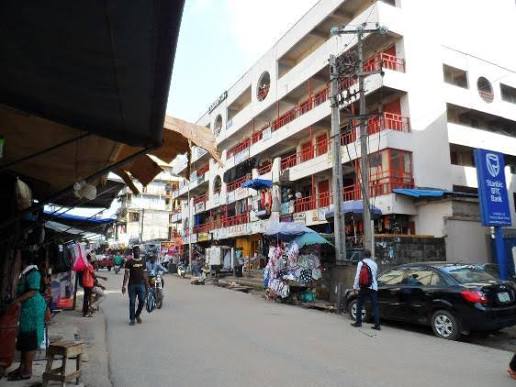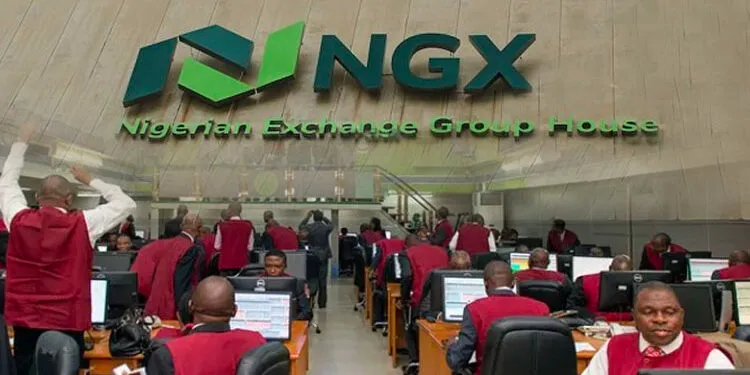Nigerian government is contemplating the restriction of access to Binance and similar cryptocurrency platforms over the decline of the Naira.
This consideration stems from concerns over alleged manipulation of the foreign exchange market and unauthorized financial flows, which are believed to be contributing to the naira’s significant devaluation, reaching a record low of N1,800 against the dollar in the unofficial market, according to Premium Tines.
According to the publication, the presidency and regulatory bodies, the focus on Binance and other cryptocurrency entities arises from their reported use by currency speculators and individuals engaged in money laundering for illicit transactions. These activities are thought to play a substantial role in the deteriorating value of the naira.
Binance operates as a digital assets exchange, facilitating peer-to-peer transactions where users can list their interest in buying or selling various currencies.
In a move reflecting regulatory concern, the Nigeria Securities and Exchange Commission issued a disclaimer in September 2023, declaring Binance Nigeria Limited as unregistered and its operations within Nigeria illegal. Nonetheless, the platform has continued to attract a significant user base, particularly among the youth and those suspected of speculative and laundering activities.
Authorities are not only worried about economic implications but also national security risks, noting the platform’s popularity among groups involved in other illegal activities, including ransom payments. The use of digital asset platforms for forex market manipulation through deceptive transactions has been highlighted as a particular issue.
The Economic and Financial Crimes Commission, engaged in investigating complaints against digital asset platforms, described these maneuvers as a “sophisticated heist” against Nigeria’s economy, the report stated. They explained how manipulators could artificially inflate the dollar’s value against the naira by opening simultaneous buy and sell orders for themselves, misleading the market and influencing Bureau De Change operators to adjust their rates based on these distorted values.
Binance has faced similar allegations globally, resulting in sanctions and an ongoing legal battle in the United States. Should the Nigerian government proceed with a ban, it would join a list of countries like Malaysia, France, and Malta that have taken similar actions.
The Office of the National Security Adviser announced on Tuesday its collaboration with the Central Bank of Nigeria to tackle the issue of currency speculation and economic sabotage, with Zakari Mijinyawa, the Head of Strategic Communication at ONSA, stating that efforts would be made to identify, investigate, and penalize entities involved in malpractices within Nigeria’s Forex market.









